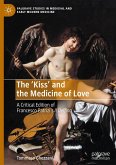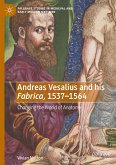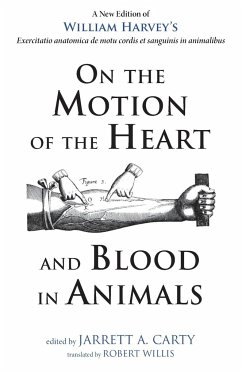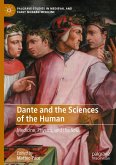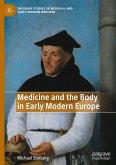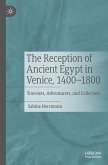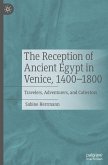What does it mean to be human in an age of rapid technological advancement? Are we on the brink of transcending our biological limitations, or are we losing touch with the essence of what it means to be human? Emerging technologies challenge our understanding of identity, ethics, and existence.
Bringing together leading voices from history, philosophy, science, and ethics, this volume delves into the intricate intersections of transhumanism and posthumanism, offering a thought-provoking exploration of historical and philosophical debates from the Renaissance to the present. It examines how transhumanist thought envisions the enhancement of human capabilities through science and technology, while posthumanism questions the very boundaries that define what it means to be human. A must-read for scholars, students, and anyone intrigued by the future of humanity, this volume is an essential guide to the debates shaping our technological era.
Bringing together leading voices from history, philosophy, science, and ethics, this volume delves into the intricate intersections of transhumanism and posthumanism, offering a thought-provoking exploration of historical and philosophical debates from the Renaissance to the present. It examines how transhumanist thought envisions the enhancement of human capabilities through science and technology, while posthumanism questions the very boundaries that define what it means to be human. A must-read for scholars, students, and anyone intrigued by the future of humanity, this volume is an essential guide to the debates shaping our technological era.


